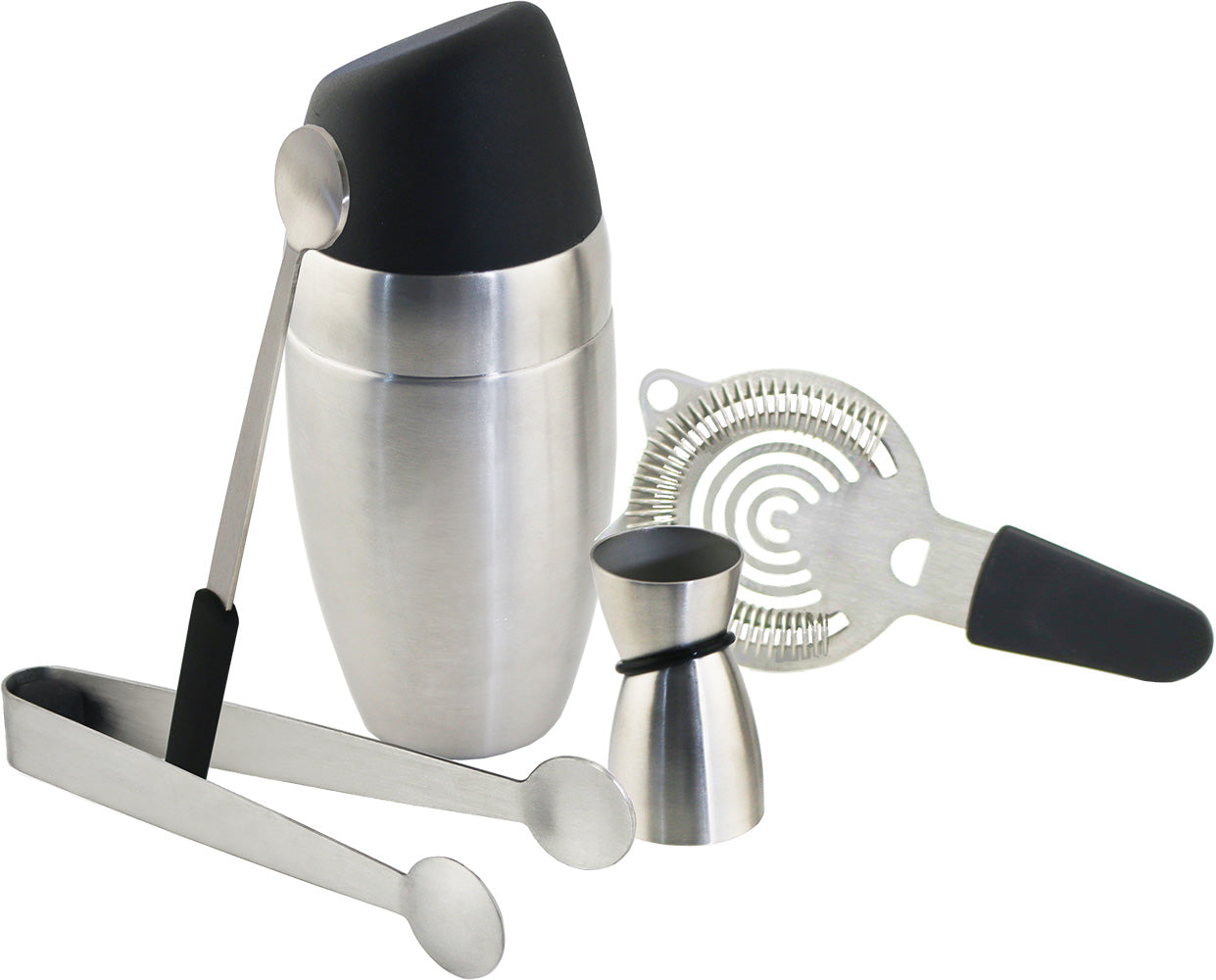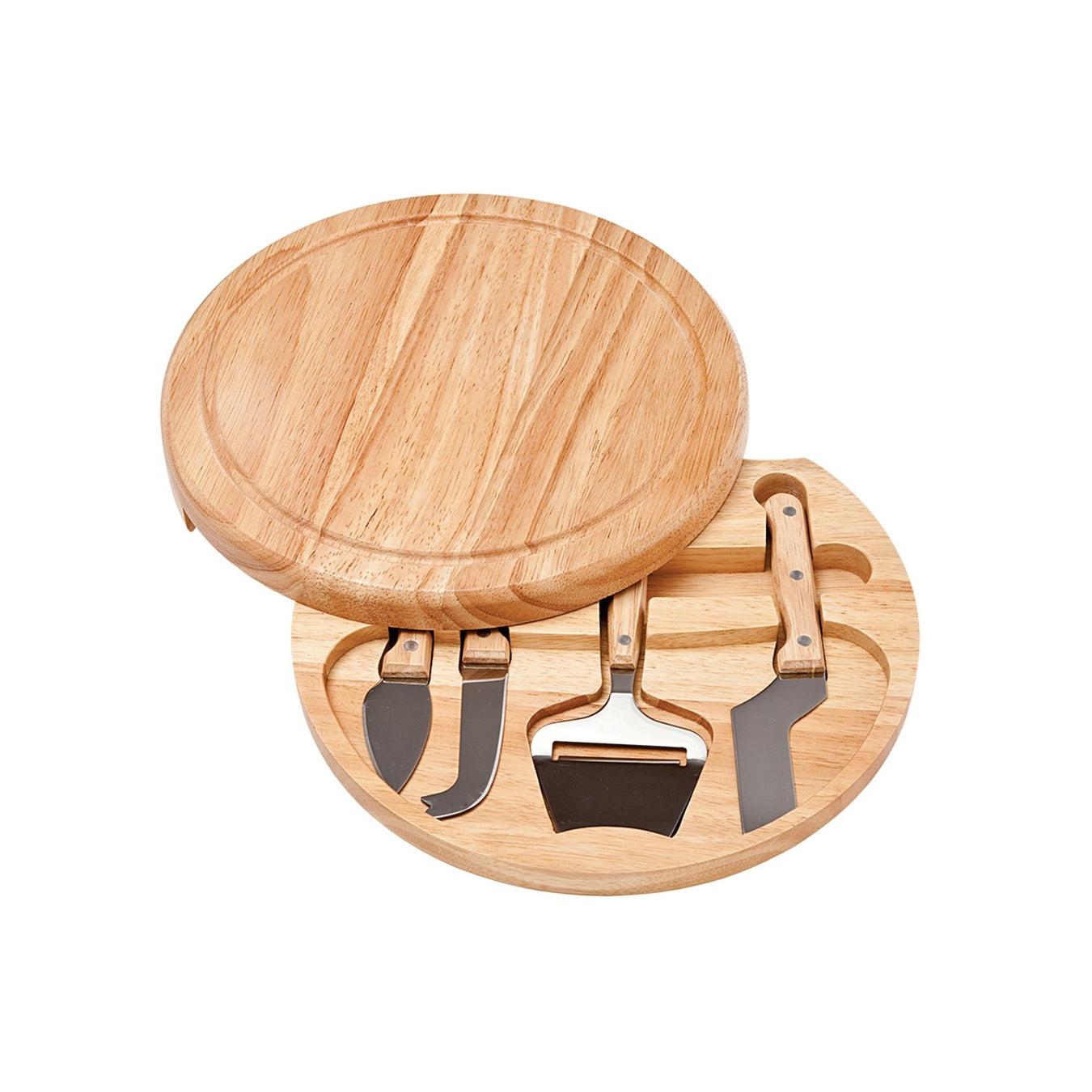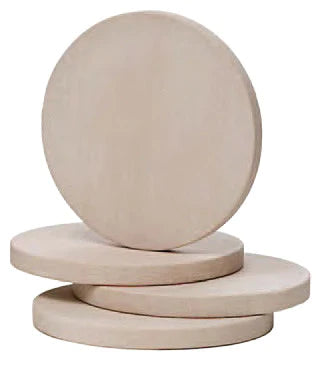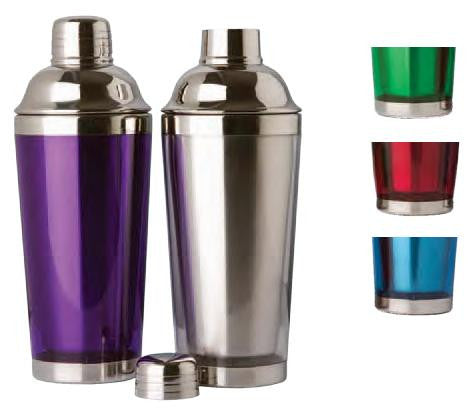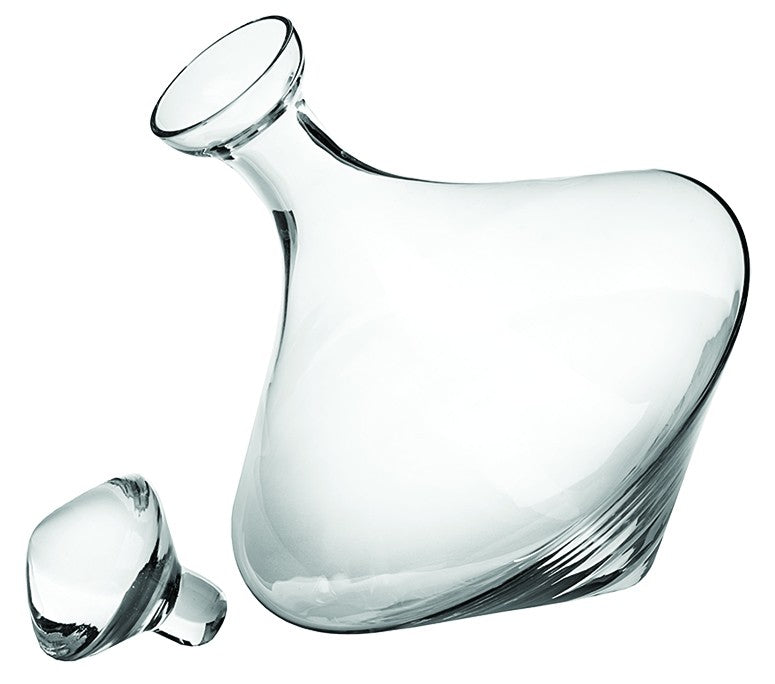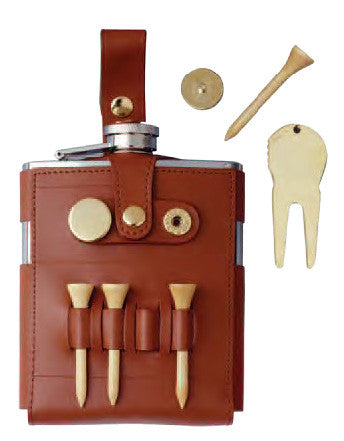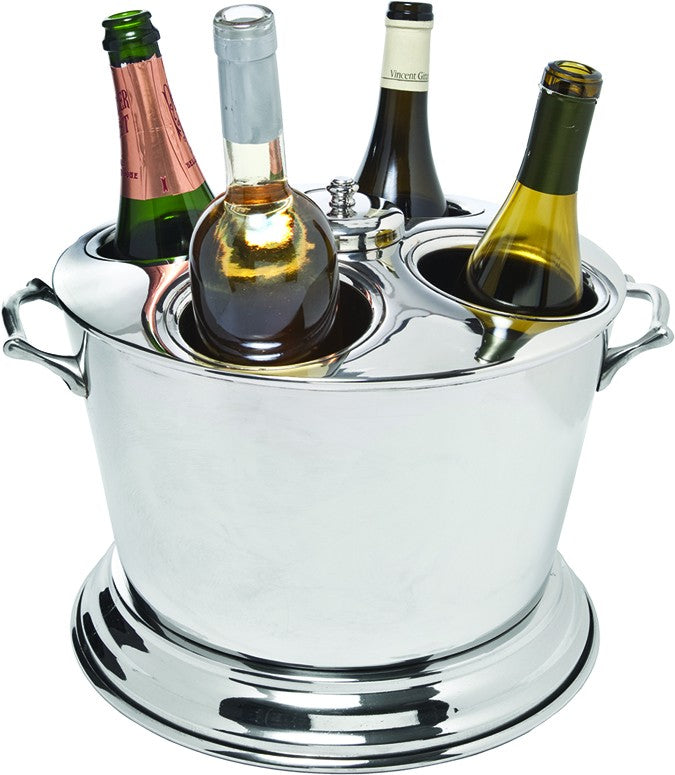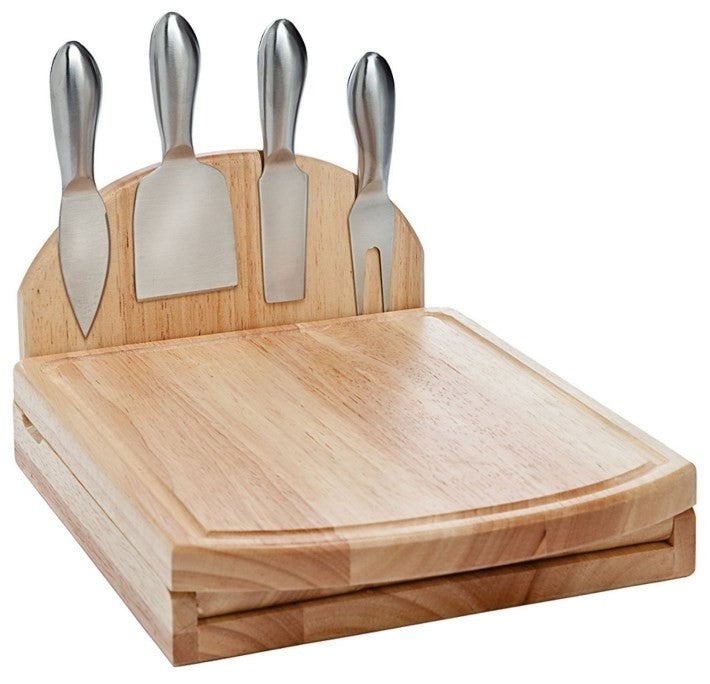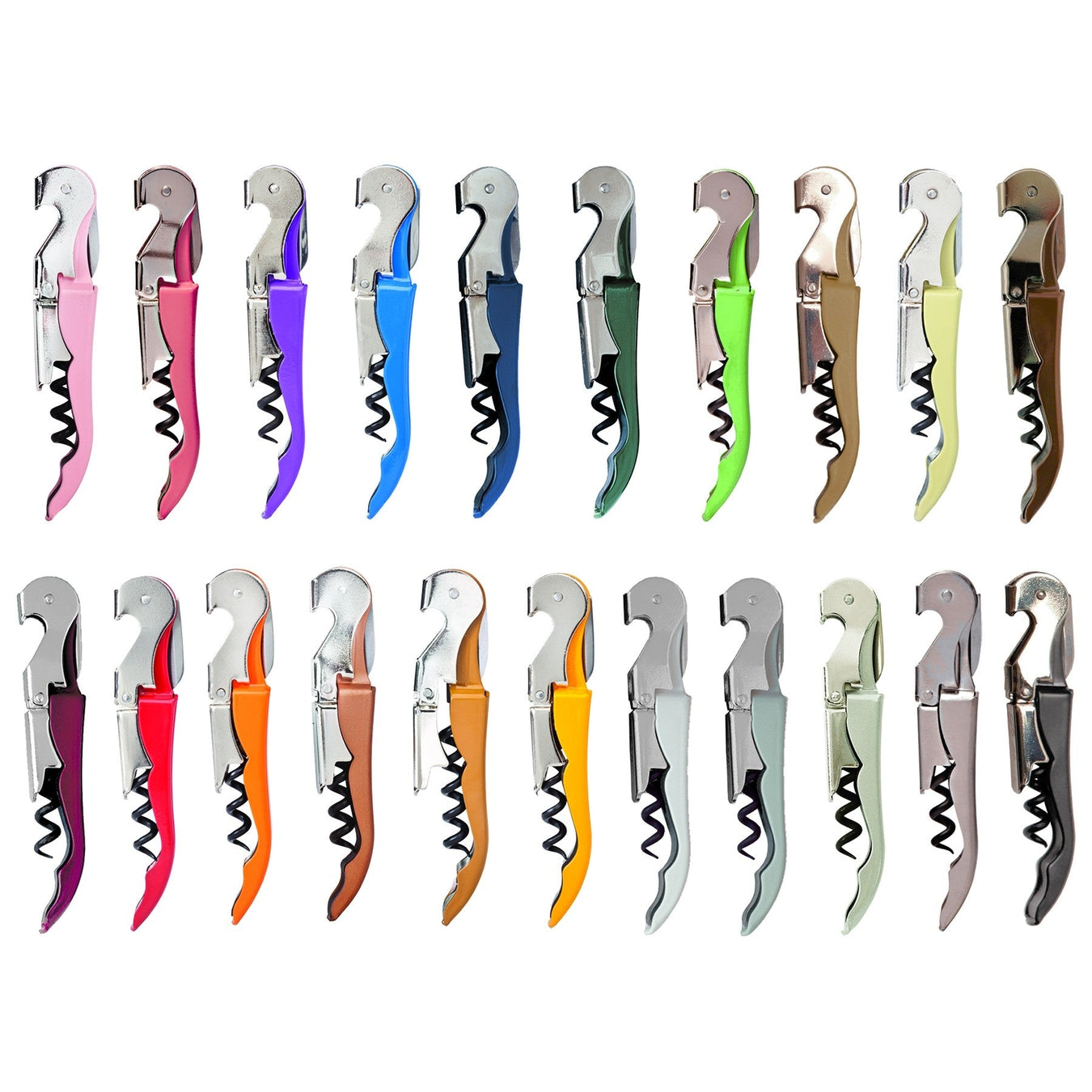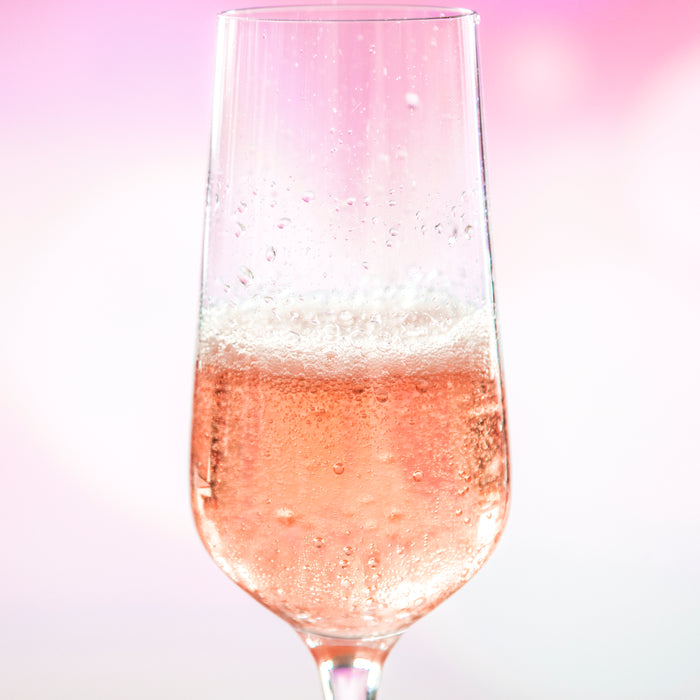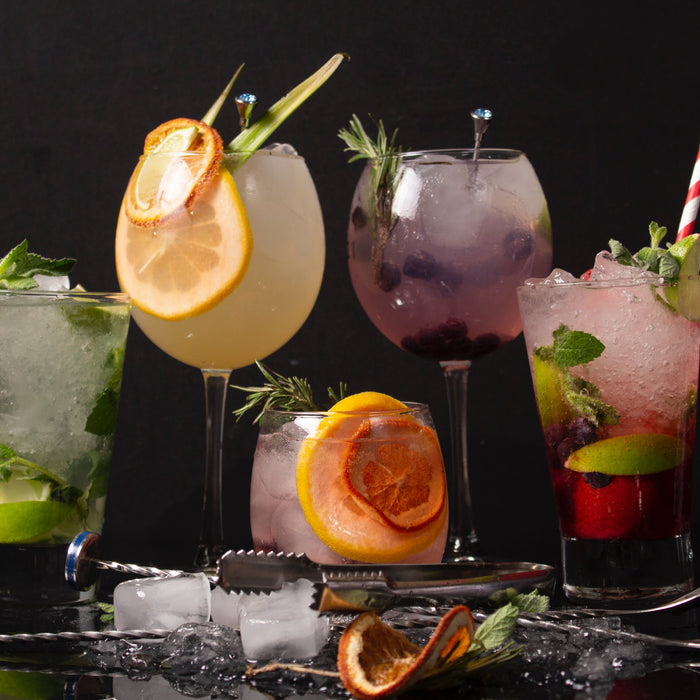If you’re a serious wine enthusiast, having a decanter on hand is an absolute must. Both functional and elegantly designed, a decanter serves to expose your wine to oxygen to aerate it, allowing the full flavors and aromas to be experienced when you pour it. But like any necessary item for enjoying your wine, these glass vessels can be a little tricky to wash. If you aren’t careful enough, you run the risk of potentially breaking your decanter or not getting it clean enough to use later. So, what do you do?
If you have a decanter that needs to be cleaned, let’s walk through some helpful tips on how to clean a decanter.
How to Clean a Decanter
In this section, we’ll walk through some of the best and safest methods you can use to clean your decanter. You might even want to try out several of them to determine which method is the best fit for your needs!
Scrub with a Brush
If it’s been a while since you’ve cleaned your wine decanter and you’ve noticed that the sides are now caked with residue, a traditional rinse isn’t going to be able to get your decanter clean. Fortunately, you aren’t just limited to a quick rinse. One simple solution is to use a brush to scrub all of this remaining residue off. While a regular brush might not work (depending on the design of your decanter), there are plenty of special brushes out there that are rough enough to take out residue while also having a flexible enough body that can navigate the various curves and narrow sections of your decanter.
After you purchase a decanter, always make sure to look for the right cleaning tools to go along with it so you don’t end up with a decanter that becomes increasingly difficult to clean with each use!
Cleaning Beads
Given that a decanter is a specialized tool to help you get the most out of your favorite wines, it stands to reason that there are specialized cleaning tools that pair with this vessel. One such tool at your disposal is cleaning beads. Cleaning beads essentially perform the function of a brush, but with a bit more ease. All you have to do to use cleaning beads is soak your decanter in warm water, empty it and fill it with cleaning beads as well as enough warm water to make sure that it’s able to reach all of the stains, and swirl it around until the stains are gone.
If you have some extremely stubborn stains in your decanter, you might have to repeat this process or swirl your cleaning beads for longer until the stains are gone. However, if you’re not a fan of having to use a brush, this can be a simple alternative.
Salt and Ice
You don’t always have to have specialized tools around in order to get your decanter clean. Let’s imagine that you’re visiting someone and you happen to bring your decanter along, but they don’t have a brush or cleaning balls that they can use. The good news? There are so many types of products around the house you can use to get the job done. Two simple items that will help you clean your decanter include salt and ice.
It’s very important to use crushed ice and salt and to only shake it with medium force, not vigorously. You’re still dealing with a glass decanter, so you don’t want to shake it too hard at the risk of accidentally breaking the glass. That being said, the combination of ice and salt act as a brush. Its abrasive texture can help scrub away stains and residue. If you’re looking for something simple and quick that you’re sure to have access to, just add some crushed ice and sprinkle some salt into your decanter and shake until all those stains have disappeared!
Salt and Hot Water
Don’t want to have to deal with crushing the ice or don’t have crushed ice on hand? Don’t worry, salt can actually be used with hot water as well to help you clean your decanter. Hot water is always great to help you loosen up any residue and tackle rough stains. However, you may still need that extra scrub in order to get more stubborn stains out. All you have to do is add some salt to your hot water and shake things up. This should help you take out the stains that hot water doesn’t seem to be eliminating alone.
This one can get a little messy, so always make sure that you’re covering the openings on your decanter to ensure that you don’t get water and salt all around your kitchen space.
Vinegar and Water
Vinegar is a versatile cleaning solution. You might use it around your home to get rid of smells and clean counters or other surfaces in the kitchen. But would it work in a decanter? It does! Many have found that vinegar is an effective way to get rid of difficult stains. White vinegar or white vine vinegar tends to be the best for this hot water and vinegar solution, and you can always buy a jug of this so you have plenty on hand for future cleaning sessions.
Of course, it’s not just vinegar and water that are recommended. Are you in need of some extra support as you clean your decanter? Add some salt to the mix to really shake things up. Is your decanter filled with unpleasant aromas that are affected the smell and taste of the wines that you’re adding to your glass vessel? You can always mix hot water, vinegar, and baking soda to get rid of smells that won’t seem to go away!
Vinegar and Rice
Decanters can be delicate, and some decanter owners might not enjoy the idea of having to swing around hard ice or cleaning balls in order to get rid of stains. The potential for breakage is always there, and you want to eliminate the chances that your glass will break so you don’t have to continue investing in decanters over time. Is there something less hard that you can use in your decanter while you clean it?
One solution that people turn to is a mix of vinegar and rice. As we’ve already established, vinegar is a good cleaning solution that can serve to eliminate the more difficult stains on your decanter. Meanwhile, uncooked rice is a much softer alternative to ice or cleaning balls that will help scrub the sides of your decanter while you shake it up. That being said, rice might not always be the answer. It seems to be quite effective for stains that don’t require a lot of elbow grease to remove. But it’s not as effective when it comes to stains that would require a brush or something more abrasive. Keep this in mind so that you have several solutions on hand when it comes time to clean your decanter.
Hot Water and Baking Soda
Previously, we mentioned combining baking soda with vinegar to get rid of scents. But baking soda can actually be used for cleaning as well. Add some baking soda to hot water in your decanter and stir it a fair amount before letting it sit. The baking soda and hot water solution will help you remove stains with relative ease. Should you still have stains on your decanter, you can repeat the process but let your decanter soak for a longer period of time so the stains have a greater opportunity to be removed.
Tips on Maintenance
Your decanter is one of the most important tools in your home for enjoying your wine. As such, learning what you have to do in order to properly maintain it is of the utmost importance. Here are a few helpful tips that will allow you to keep your decanter clean with ease.
Rinse it ASAP
The longer that you wait to clean your decanter, the worse it’s going to get. Letting it sit not only potentially makes it so that the wine becomes toxic to drink but it also allows it to stain your decanter and continue to contribute residue that becomes increasingly difficult to remove. The best way to avoid all of this is simply to rinse out your decanter right after using it. This ensures there’s not a lot of time for stains to build up or for any residue to end up sticking to the side of your decanter. All you have to do to achieve this is to fill your decanter with some warm water, swish it around a bit to remove any leftover wine, and rinse until it’s satisfyingly clean. What you end up with is a perfectly clean decanter that you don’t have to worry about scrubbing later on!
Dry it ASAP
Your decanter is made of glass, which means that cleaning it the wrong way will leave some very visible marks. This includes water stains from water that wasn’t properly removed or even water that’s still trapped at the bottom if you didn’t get rid of the water that well. The best way to deal with this is to make sure that you’ve dried your decanter immediately after rinsing it out. The biggest challenge for decanter owners is trying to successfully dry the inside with all the twists and turns. As with brushes, there are special drying devices that you can use to make sure you’re drying every nook and cranny of your decanter before you put it away.
Decanter Cleaning Supplies
We’ve talked about several special decanter cleaning supplies in this guide. However, we haven’t given any specific examples that will make it easier for you to find the right products to keep your decanter spic and span. Here are a couple of decanter cleaning supplies to consider.
Decanter Washing Brush
There are some gorgeous decanters out there. So gorgeous and intricate, in fact, you might consider them works of art on their own. The problem? The more complex your decanter, the more difficult it is to clean. Fortunately, there are products like the Decanter Washing Brush out there to help you get the job done. This decanter brush is flexible so that it can adjust to the various twist and turns found in your decanter, made of foam so that it can scrub stains without picking up too much water on the way through, and it measures over 17 inches so that you can reach even the deepest corners of your decanter with relative ease. If you’re looking for a decanter washing brush that won’t become soggy or ineffective as you go throughout the entirety of the vessel, you’re sure to love this brush!
Decanter Cleaning Balls
A brush is an excellent way to clean your decanter. However, a brush might not always be able to get everything, depending on the type of decanter you have. This is especially true for decanters with tougher stains and more built-on residue. This is why some will turn to Decanter Cleaning Balls. These stainless steel decanter balls come in a plastic case for easy storage and use. Simply pour some of the cleaning balls into your decanter, fill it with hot water, and swirl it around gently to begin removing the residue and stains from your decanter. Once you’re finished, all you have to do is rinse the decanter and the balls, leave the cleaning balls to dry, and put them back in their case until you need to use them again!
A decanter is a necessary aspect of enjoying fine wines, but it has to be properly maintained so you don’t end up with a tool that becomes far too dirty to use for drinking purposes. Are you ready to keep your decanter cleaner? If so, the guide above will help you find the right tools and methods to ensure your decanter is always sparkling clean and ready to use!



